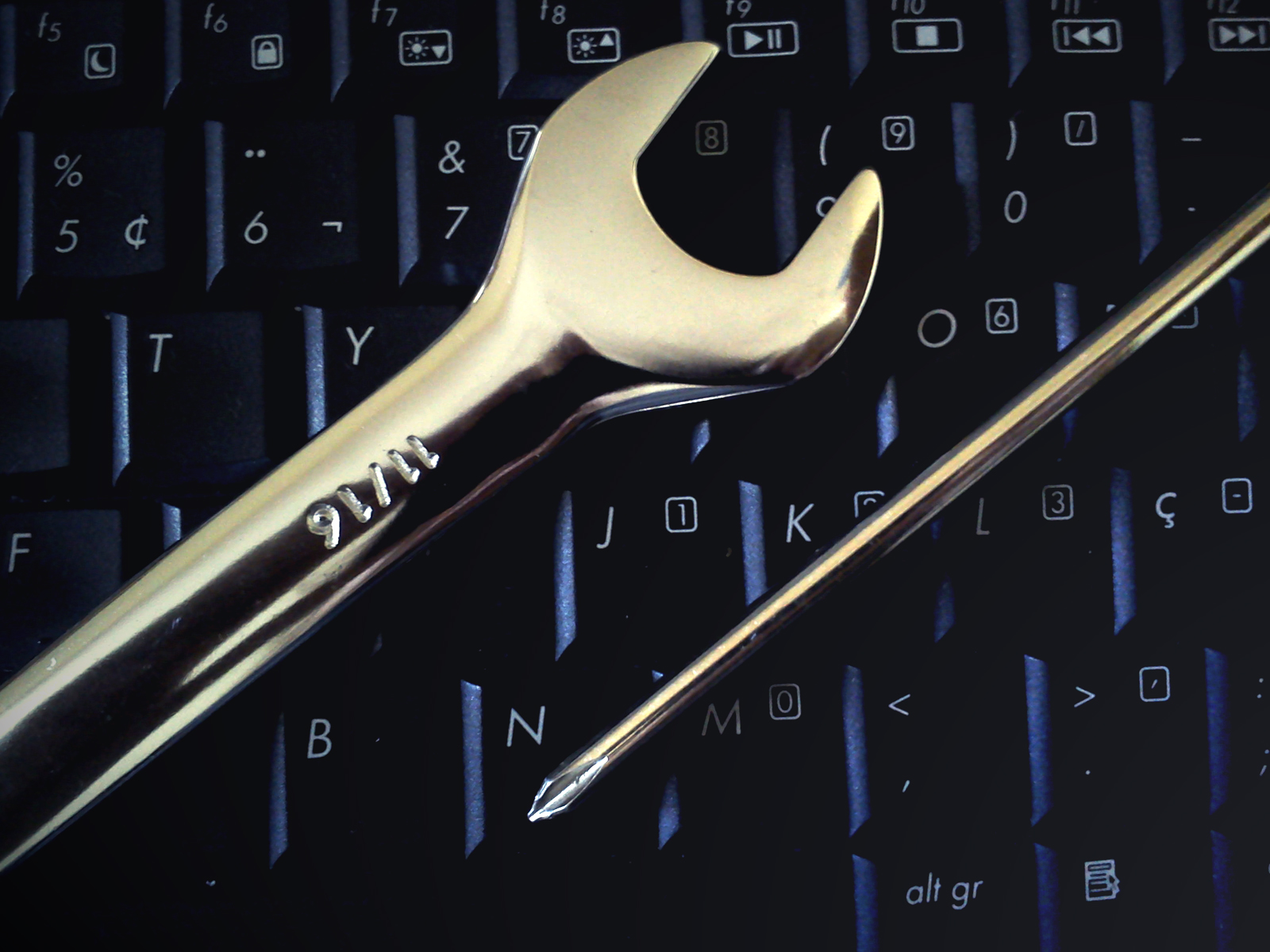Foreign Language Maintenance & Improvements
 Recently a post reminded me how important it is to maintain and improve my foreign languages.
Recently a post reminded me how important it is to maintain and improve my foreign languages.
Native Language vs. Languages Learned Years Ago
My native language is German, but I've been living in the US for many years. Without reading German newspapers almost daily, I would not stay current with the changes in the German language.
And, while I rarely have to look up any words and I'm not afraid of forgetting my German (I still speak it at home every day), I know that keeping up my French is more of a challenge.
I learned French as a young man when I lived in (French-speaking) Switzerland. I now read it quite regularly online, have conversations, and e-mail with French speaking friends and family members.
But with French, I am more aware of the need to constantly maintain it. If I don't have an opportunity to speak it in a while, I find that it takes me some time to recall vocabulary and to get comfortable again with my pronunciation and sentence structures.
New Language Improvements
Having started to learn Italian and Spanish only a few years ago, I am still working on improving both my proficiency and fluency. I can read both languages quite well now and my fluency is improving.
However, I am very aware of the fact that my vocabulary has to increase. I regularly play our own Italian 1 and Spanish 1 games and have recently started to use Lingohut to help me grow my vocabulary, especially in Spanish.
(I loved to practice with the browser extension Lingua.ly, not only get the translation of words I don't know, but also to practice & recall those words later. However, Lingua.ly had to close its doors and disappeared.)
We're planning to do a more detailed review of Lingohut later, when we have gained more experience with it. But for now, I'll just enjoy maintaining and improving "old" and "new" languages! Postscript: In March 2017, Ulrike did a review of Lingohut Portuguese.
